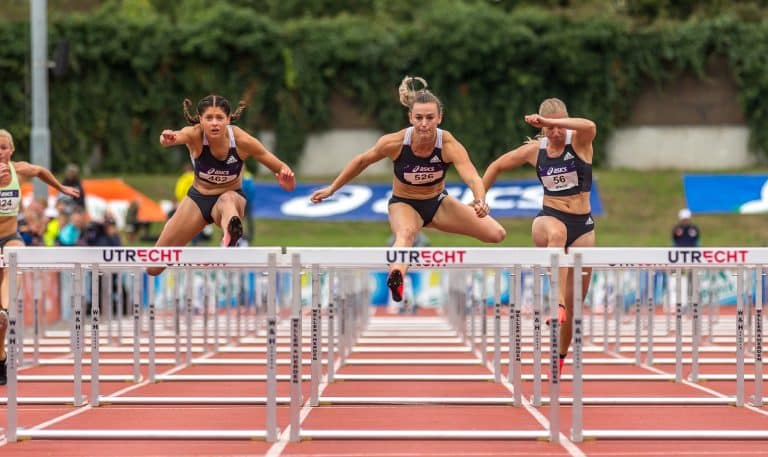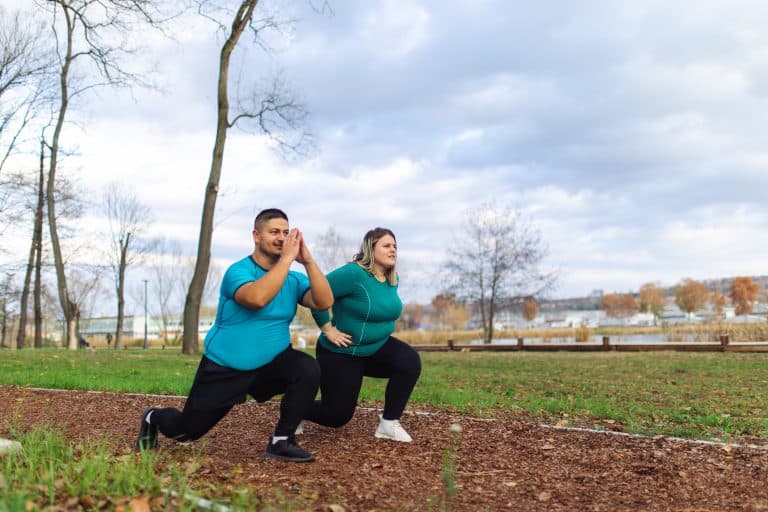Survival chances of sport clubs
Although sport clubs are currently still the dominant and most important organizational form in which Dutch amateur sport is practiced, Dutch sport clubs are increasingly facing pressures. Since 2003 the amount of Dutch sport clubs has dropped over ten percent and in 2019 the Mulier Institute diagnosed a fifth of the Dutch sport clubs as vulnerable for the future, suggesting a further decrease of the amount of Dutch sport clubs is to be expected. Because sport clubs are highly valued organizations and sport clubs in almost all of Europe can count on governmental support, this raises the question of which sport clubs are able to survive and why.
In order to understand why some sport clubs are able to survive while others are terminated, Resie Hoeijmakers started in 2020 a PhD-research in collaboration with the University Utrecht. The aim of this research is to identify factors that influence the probability for survival of sport clubs in the Netherlands. In order to understand the survival of certain sport clubs, the termination of others and the selection mechanisms at work, a model is designed based on the theories of population ecology, old institutional theory, new institutional theory and the resource-based view. In order to test this model, this study will deploy a number of different research methods, both qualitative and quantitative, at population, organizational and individual level.
Researcher
Other PhD projects

Evaluating an integrated community-based approach for childhood obesity prevention
In this research project an integrated community-based approach promoting a healthy lifestyle and healthy weight in children and youth (JOGG) will be evaluated.

Activating inactive citizens through the organized sports setting: a hurdle race
This research aims to determine whether and how National Sports Federations (NSFs) and sports clubs can successfully contribute to increasing physical activity levels among inactive people

Physical activity in type 2 diabetes care
Physical activity is considered a ‘corner stone’ in type 2 diabetes care. However, physical activity counselling is not always easy. This research aims to gain a profound understanding of these difficulties and offer openings for change.
